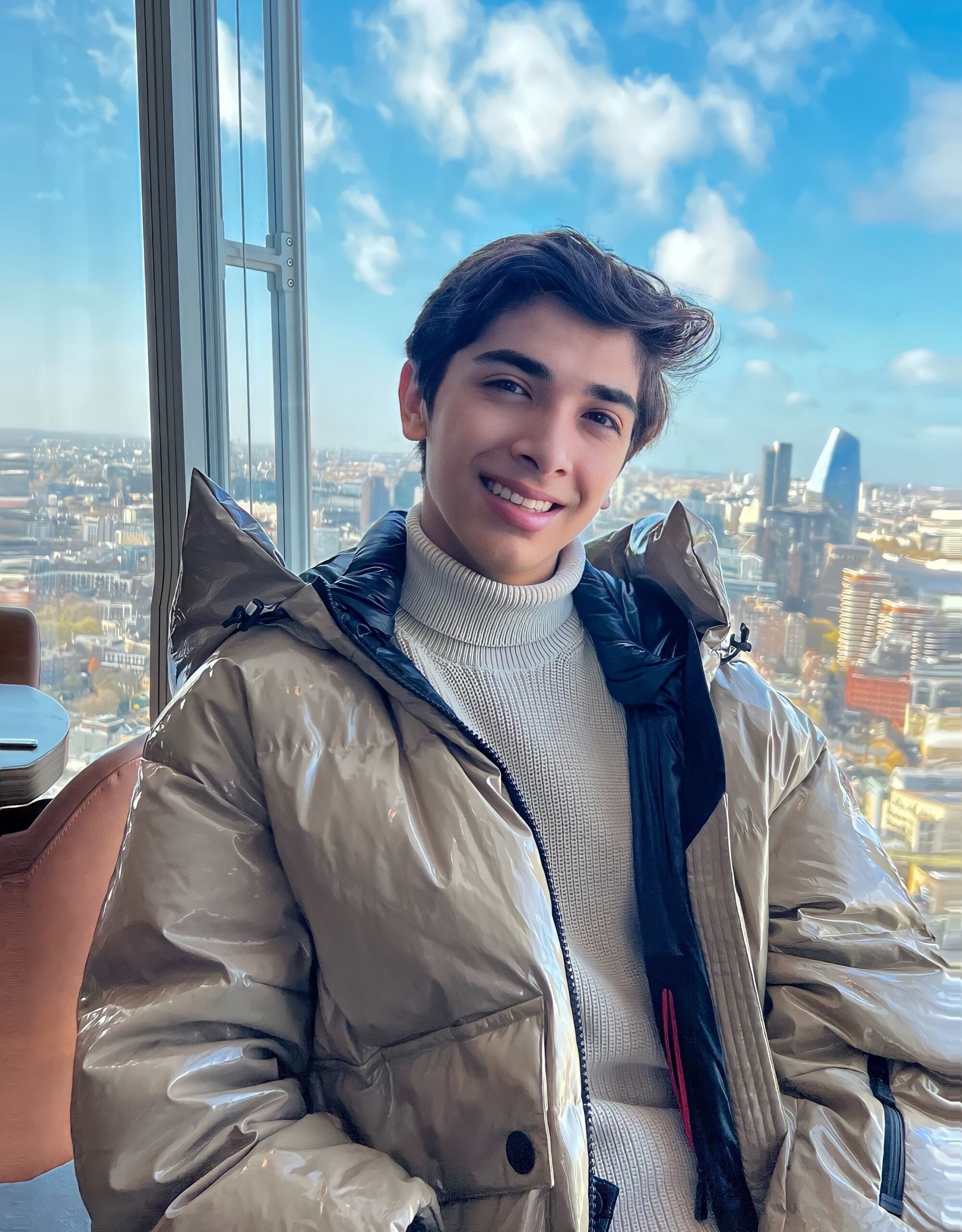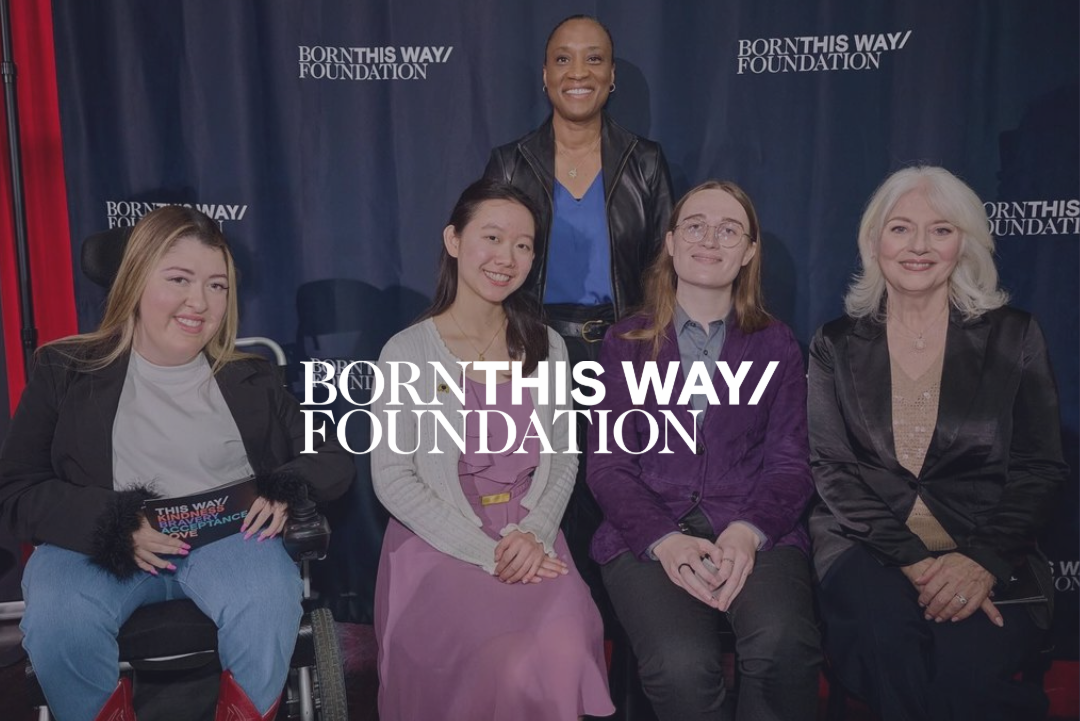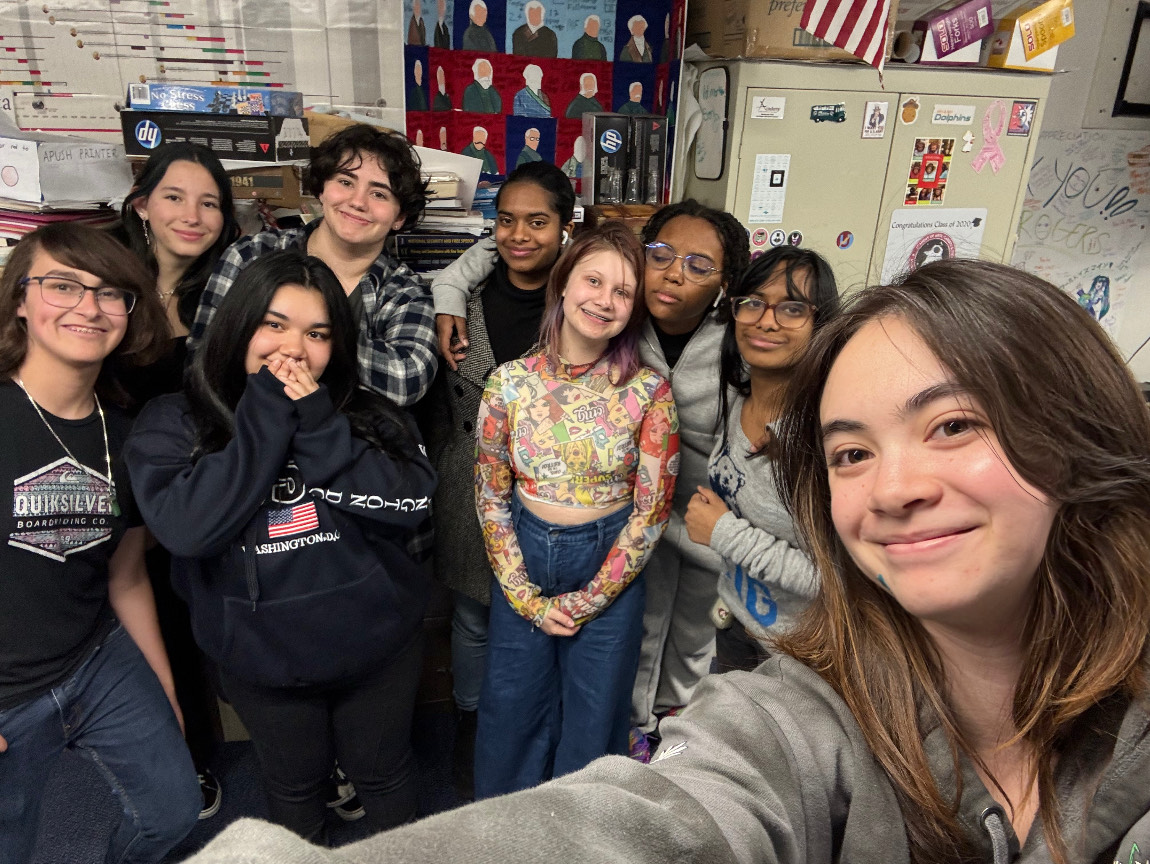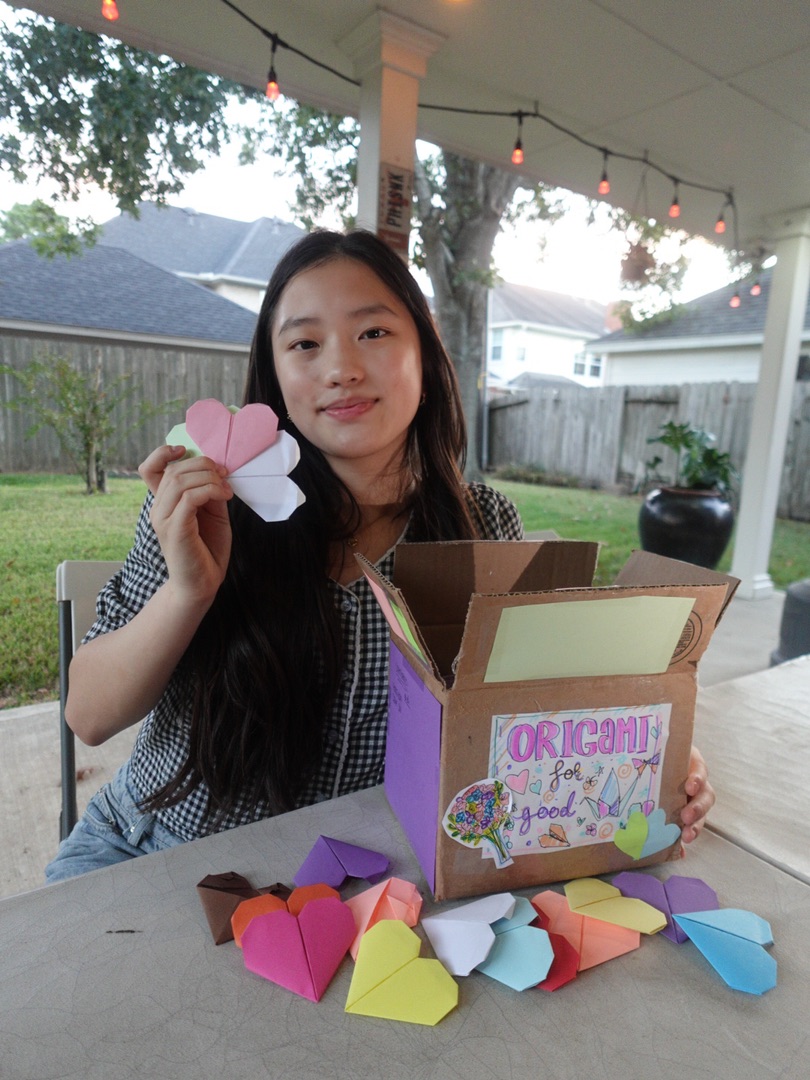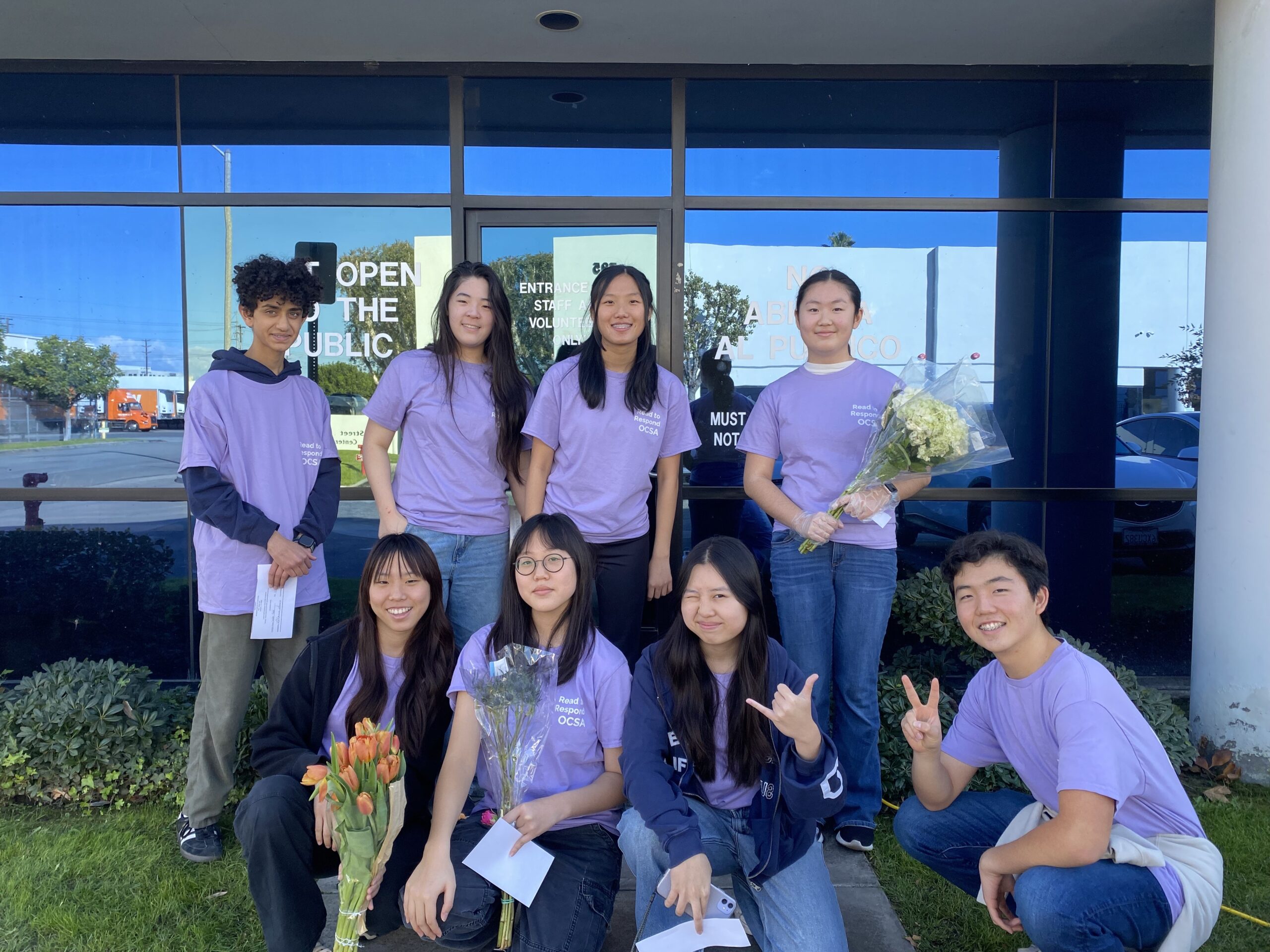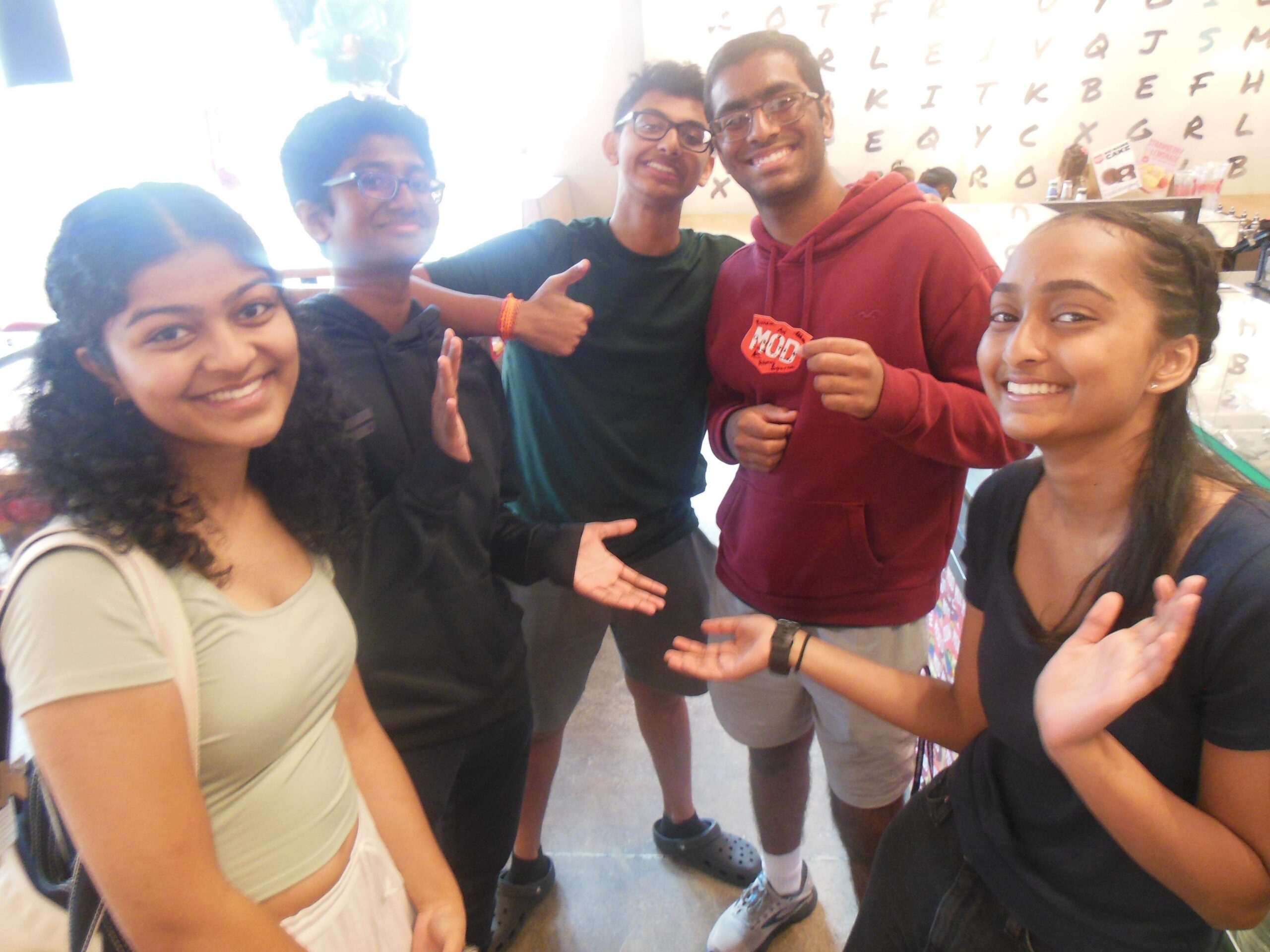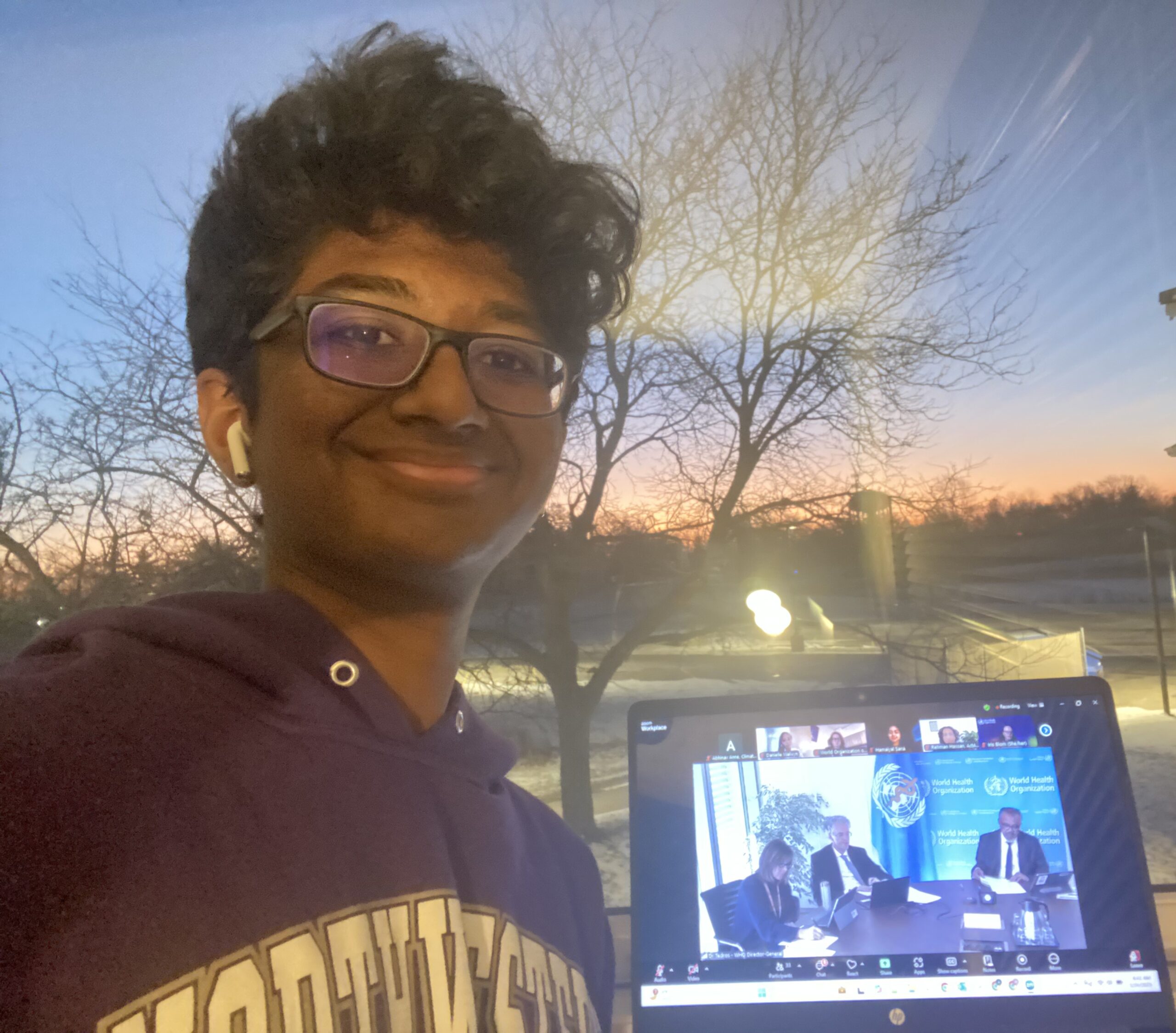In celebration of Mental Health Awareness Month, I reflect on the opportunity I had to meet with Senator Butler and the Born This Way Foundation team last month to discuss how we can further amplify some of our youth mental health initiatives.
Sitting in a room filled with young people passionate about this cause felt like we were at the heart of something truly revolutionary. It was as if every person in the room brought their own piece of the puzzle, and we all came together to help build a kinder, braver world.
For both Cynthia and Senator Butler, their missions to tackle mental health issues are deeply personal. Their initial connection came from their shared experiences as mothers, navigating the struggles that come with parenthood. For Cynthia, she recounted the difficulties her daughter faced in her youth, particularly surrounding bullying by her peers. With bullying being such a prevalent issue affecting young people around the world, Cynthia and Lady Gaga felt a need to do something that could make a real difference in the world.
That led to the two working together to create Born This Way Foundation. In the words of Senator Butler, “Born This Way [Foundation] is one of the most credible organization [using] data and research to really ground their practices in science and relationships,” further empowering young people to express themselves how they truly are.
Throughout the panel, we got to hear from some of the most impactful young voices, learning how young people are making differences in their communities. The event held in Oakland, CA was co-moderated by Emily Flores, disability activist and founder of Cripple Media, who makes it her mission to represent young disabled people around the world. Other panelists included Advisory Board member Audrey Wang, and social activist Connie Murphy.
From spoken word performances to powerful discussions about mental health, the Youth Uprising event truly made it their mission to put youth mental health at the forefront of the conversation. By continuing to openly discuss mental health, we can destigmatize the topic and foster a culture where seeking help is a strength, not a weakness.
Reflecting on the Youth Uprising event, I found myself impacted by the dedication and resilience displayed by each individual there. It was enlightening to witness how young people are not just passive recipients of mental health resources but are actively shaping the dialogue around it. Their willingness to share personal stories in a public forum was both courageous and inspiring. It highlighted the importance of creating spaces where young individuals feel supported in expressing their struggles and triumphs.




